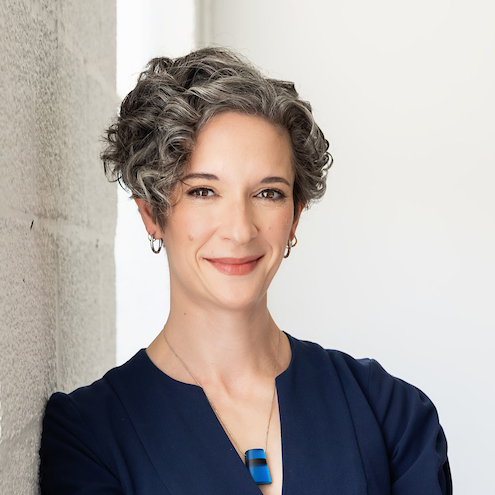Theresa Desrochers is Rosenberg Family Assistant Professor of Brain Science in the neuroscience department at Brown University. Her lab studies how the brain tracks and controls cognitive and behavioral sequences, such as cooking a meal or making a cup of coffee. In her research, she takes a unique cross-species approach, integrating cellular-level neuroscience insight in animal models with studies of human high-level cognitive function.
She earned a B.S. in neural science and science education from New York University. After teaching science in a public high school for a year, she went on to earn her Ph.D. in Ann Graybiel’s lab at the Massachusetts Institute of Technology, studying the neural basis of habit learning in an animal model. She was then a postdoctoral fellow with David Badre at Brown University, where she studied human cognitive control.



